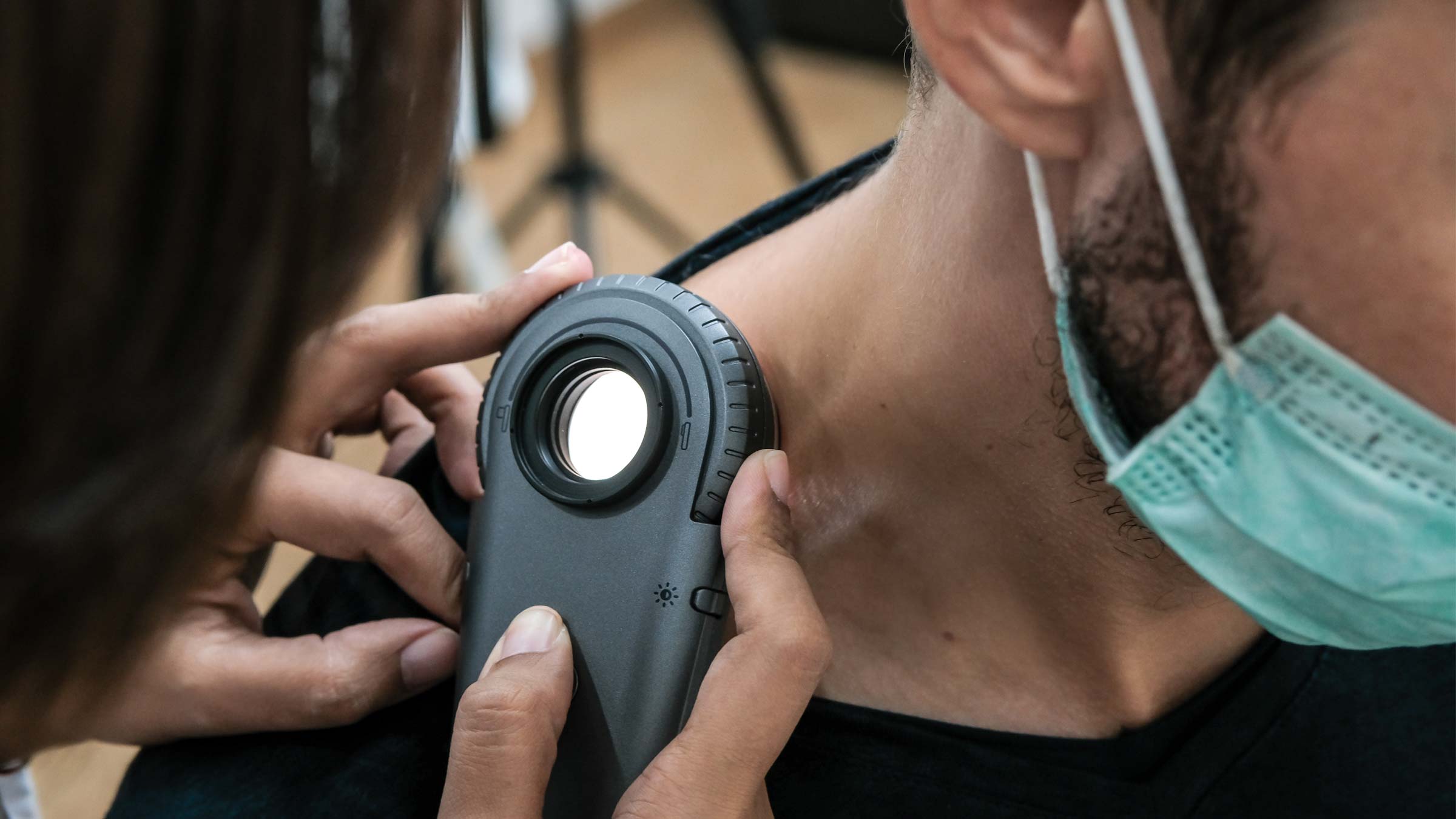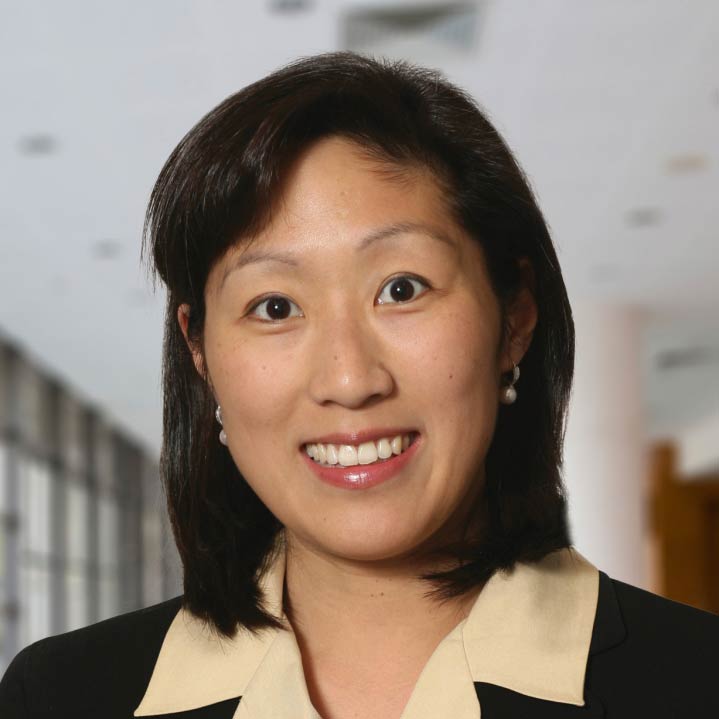
Our skin is our body’s largest organ, but we often ignore signs that something is wrong — like a funny-looking mole — or turn to Doctor Google to self-diagnose a persistent rash.
Skin cancer is the most common type of cancer diagnosed in the United States. Luckily, it’s one of the most treatable types of cancer with early detection and early diagnosis. Routine skin examinations are one of the best preventive screening tests in the fight against skin cancer.
So if you’ve been putting off a trip to the dermatologist’s office to have your skin examined, now is the time to make an appointment. Here’s what you can expect during your dermatology appointment with a board-certified dermatologist.
Medical history
Your dermatologist will start with discussing your medical history with a focus on your skin. Questions may include:
- Do you have a history of skin cancer?
- Have you had any moles removed, and why?
- How often did you suffer from sunburns as a child?
- How often are you in the sun?
- Have you used a tanning bed? If so, how often?
- Do you use sun protection and sunscreen?
- Do you have a family history of skin cancer?
If your visit was prompted by a change in a mole, expect to be asked about any changes in color, texture and size, when those changes occurred and whether you have any pain, itching, bleeding or tenderness. The most concerning symptoms are bleeding or itchy moles, fast-growing or changing moles, non-healing or frequently peeling sores, and ongoing rashes.
What happens during a skin exam?
After taking your medical history, you’ll be offered a gown to wear during the exam. Your dermatologist will perform a thorough examination of your skin, including the scalp, face, neck, trunk, arms, legs and hands. Dermatologists may also exam the genital area at the patient’s discretion. An ophthalmology exam is recommended to check for freckling in the eyes.
The skin exam to check moles is to assess for skin cancers and atypical moles. If you want to discuss other skin conditions, such as acne and eczema, anti-aging concerns, or cosmetic procedures, you may need to make a separate appointment.
Do you need to bring photos to a dermatology appointment?
You don’t need to bring photos to your exam, but if you have photos that document a change of a lesion, they can be helpful. Whole body photography may be done for patients with a significant number of moles, as it’s a helpful way to monitor any new or changing moles.
Questions to ask your doctor about your skin
Don’t be afraid to ask your dermatologist questions during your visit. Here are some helpful questions I welcome from my patients:
- What should I look for in moles?
- When should I come in for a skin check, and how often?
- What are the most concerning symptoms that something may be wrong?
- How can I be safe in the sun?
What happens during a skin cancer screening?
Skin cancer can occur in anyone and may arise regardless of sun exposure and sunburns. It’s important for any patient, including African American, Hispanic and Asian patients, to be routinely checked for changing skin lesions. Skin cancers in patients with skin of color can occur in non-exposed areas, such as genitalia and feet, and potentially can be more aggressive and more challenging to treat if not detected early enough.
It’s never too early to start thinking about caring for your skin, whether it’s using moisturizers in the winter for dry skin, or sunscreen and sun protective measures with sun exposure. Our goal is to prevent skin cancer. Rest assured, however, there are many new exciting and effective treatments in the fight against skin cancer. Remember that it isn’t just about sun.
When it comes to skin cancer prevention, our goals are early detection, early treatment and cure, and routine monitoring and skin checks.

Worried about your skin, hair or nails?
Ohio State's dermatology team provides comprehensive care backed by one of the nation's leading academic health centers.
Expert care starts here




